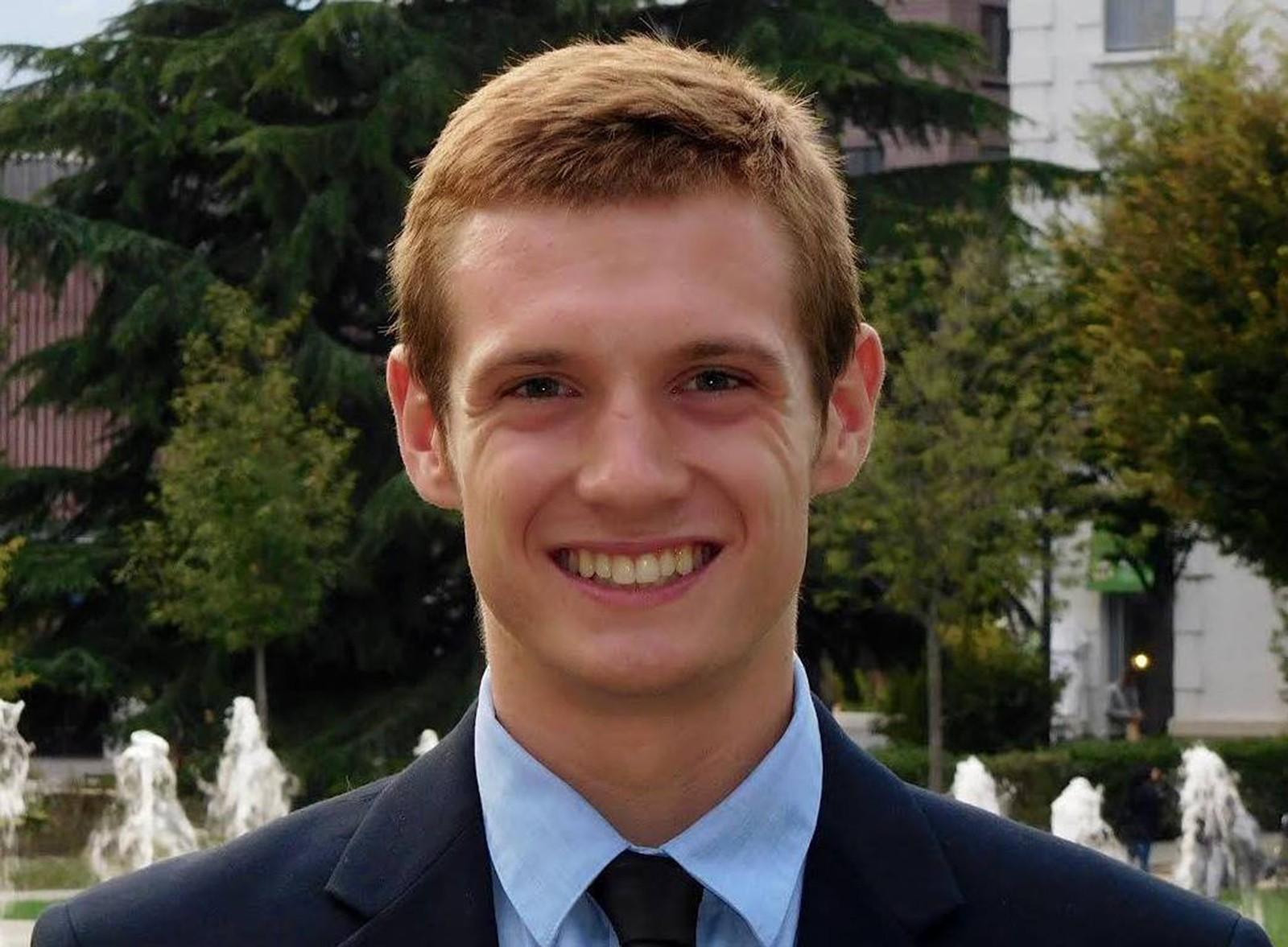Even from across the Atlantic, I am keeping up with American news. This means that I can see that the United States is currently in the midst of debating the balance between security and freedom, as Democratic presidential nominee Hillary Clinton and Republican nominee Donald Trump prepare for the November election. Airport security lines, online government databases and gun control have all been filtered into the conversation on how to create a safer nation, but one of the main questions up for debate is how exactly to prevent attacks from happening on American soil. This similar debate is currently running at top gear in France as well, due to the recent terrorist attacks on French soil and the French presidential election coming up in the spring. However, the French are already in action with how they are going to prevent the problem: the military.
Every day when I walk through the streets of Grenoble, whether it is on my way to class, to a pastry shop or to the park, it is nearly impossible to not come across the French military strolling through in groups of four or five, carrying sizable automatic weapons. While I am no expert on guns, it is clear that these are not your common police-force issued pistol, but rather a weapon ready to stop anything and everything at the pull of a trigger.
Since the November 2015 attacks in Paris, where shootings and bomb blasts killed over 130 people, France has been in an état d’urgence, or a state of emergency, which has extremely heightened security measures across the country. According to Le Monde, the French senate has voted to extend the état d’urgence until January after the recent Bastille Day attacks in Nice.
What this means for me is that I will continue to see the military walking around in their green bérets on the streets, on the tram and in large cafés and restaurants. The béret, known by many Americans as a symbol of French fashion and culture, also now carries the notion of the French military in my mind. But now, after a month of being here, I am noticing the gendarmes less and less.
As I become assimilated to life here in France, I have grown accustomed to many things: I now ride the Grenoble tram with as much ease as I do the Green Line in Boston, I know the timing of the traffic lights so that I can jaywalk without being hit by oncoming cars and I have even come to expect bread at dinner every night (because without bread, is it even dinner?). But the fact that I have become accustomed to the military walking through the streets truly surprises me. If I had seen the military on Commonwealth Avenue this summer, I would have freaked out, but my reaction here in France is nonexistent.
Here in France, the gendarmes are just there. Passing by one of the groupings of green bérets has become almost analogous to watching a police car cruise down the street. When I see them board the tram I am taking on my way to class in the morning, I don’t even bat an eye anymore. They stay on the tram for a few stops, then get off and continue on their patrols through the downtown of Grenoble.
The thing is, I’m in Grenoble. I’m not in Paris or Marseille, but rather a small city of just over 160,000 people, according to the 2013 French census. The fact that the French feel that it is necessary to have such a large military presence in a small city makes me a bit uneasy because it signals how far the state of emergency stretches. It really makes me think ahead to the remainder of my year abroad here in France.
What should I expect when I study abroad this spring in Paris? A military officer on every corner? A holstered gun at every Métro stop? A pair of trained eyes watching me as I go through my basic daily routines?
But for now, whenever I sit on a bench in my favorite park near the BU office eating a Brioche St.-Génix or licking caramel gelato, I will not really notice the French military as they walk past touting their guns. In the back of my mind, however, I know that the state of emergency is still here in Grenoble and in France. And that is just something that is not up for debate.




















































































































